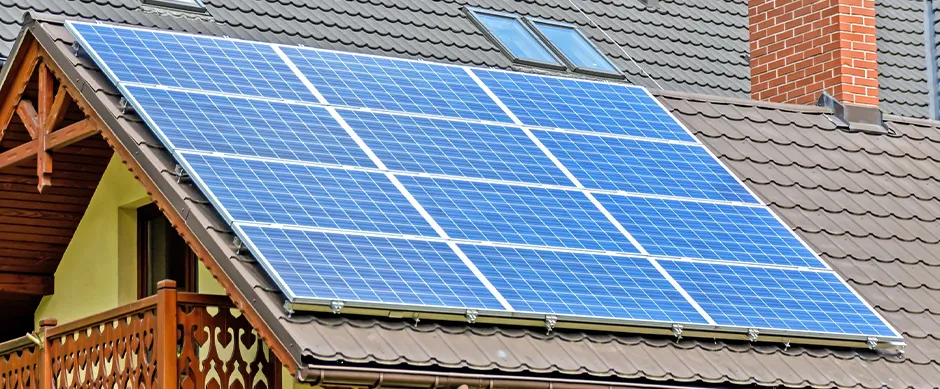Understanding the Benefits and Features of Solar Hybrid Inverters for Efficient Energy Use
Understanding Solar Hybrid Inverters A Comprehensive Overview
In recent years, the shift towards renewable energy sources has gained unprecedented momentum. Among the various technologies emerging in the solar energy sector, solar hybrid inverters stand out as a vital innovation. These devices play a significant role in maximizing energy efficiency and providing a reliable power supply for both residential and commercial applications. This article delves into the fundamentals of solar hybrid inverters, their advantages, and their applications.
What is a Solar Hybrid Inverter?
A solar hybrid inverter is a device that combines both solar inverter capabilities and battery storage management. Unlike traditional grid-tied inverters, which solely convert DC (Direct Current) electricity generated by solar panels into AC (Alternating Current) for use in homes, hybrid inverters can also manage energy from battery storage systems. This functionality allows for greater flexibility, enabling users to store excess solar energy for later use during nighttime or cloudy days.
Key Features of Solar Hybrid Inverters
1. Multiple Power Sources Solar hybrid inverters can integrate multiple sources of power, including solar panels, batteries, and the electrical grid. This adaptability ensures that users can utilize their preferred energy source depending on availability and cost.
2. Energy Storage Management These inverters manage battery charging and discharging, ensuring that batteries are charged primarily from solar energy and utilized when needed. This is essential for maximizing the savings associated with solar energy use.
3. Grid Independence By incorporating battery storage, solar hybrid inverters provide a degree of energy independence. Users can rely less on the grid, which is especially valuable during power outages or in remote areas.
4. Smart Monitoring Most modern solar hybrid inverters come equipped with monitoring capabilities that allow users to track their energy production, consumption, and battery status through mobile applications or online dashboards.
5. Load Management These devices often include smart load management features, enabling users to prioritize energy-intensive appliances or to divert excess energy to specific loads.
solar hybrid inverter

Advantages of Solar Hybrid Inverters
1. Energy Efficiency By optimizing solar energy usage and minimizing grid reliance, solar hybrid inverters significantly enhance overall energy efficiency. They allow users to harness free energy, drastically reducing electricity bills.
2. Reliability With the ability to draw power from batteries during outages or low sunlight periods, hybrid inverters provide a reliable power supply. Users can maintain essential electrical functions even when the grid is down.
3. Environmental Impact Transitioning to solar hybrid inverters contributes to reduced carbon footprints. By utilizing renewable energy and minimizing reliance on fossil fuels, individuals and businesses can play a part in combating climate change.
4. Financial Savings The combination of solar energy and battery storage can lead to considerable long-term savings. Users are less vulnerable to fluctuating energy prices and can take advantage of time-of-use rates by using stored energy during peak pricing periods.
5. Scalability Solar hybrid systems can be easily expanded. Whether users want to add more solar panels or additional battery storage, hybrid inverters can adapt to growing energy needs.
Applications of Solar Hybrid Inverters
Solar hybrid inverters are versatile and suitable for various applications. In residential settings, they provide homeowners with energy independence, allowing for energy autonomy and sustainability. For businesses, they can reduce operational costs and enhance energy management practices. Additionally, remote off-grid locations benefit greatly from the combination of solar energy and battery storage, enabling accessibility to electricity where traditional grid connections are impractical.
Conclusion
Solar hybrid inverters represent a significant advancement in the renewable energy landscape, providing a multifaceted solution to energy management. With their ability to synergize solar energy production and battery storage, they offer substantial benefits, including energy independence, cost savings, and environmental sustainability. As technology continues to evolve and the demand for clean energy rises, solar hybrid inverters will undoubtedly play an increasingly crucial role in shaping the future of energy consumption. By investing in these systems, consumers and businesses alike can not only enjoy immediate advantages but also contribute to a more sustainable and resilient energy future.
-
Unlocking Energy Freedom with the Off Grid Solar InverterNewsJun.06,2025
-
Unlock More Solar Power with a High-Efficiency Bifacial Solar PanelNewsJun.06,2025
-
Power Your Future with High-Efficiency Monocrystalline Solar PanelsNewsJun.06,2025
-
Next-Gen Solar Power Starts with Micro Solar InvertersNewsJun.06,2025
-
Harnessing Peak Efficiency with the On Grid Solar InverterNewsJun.06,2025
-
Discover Unmatched Efficiency with the Latest String Solar InverterNewsJun.06,2025







